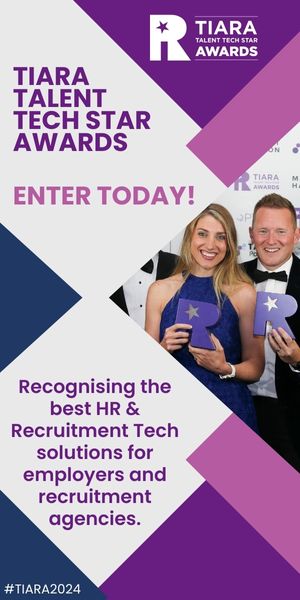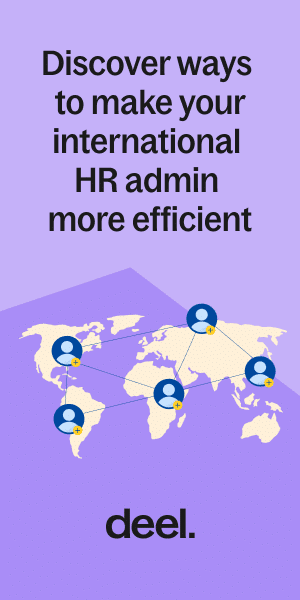UK companies emphasise ESG practices to attract ethically conscious talent
A cousin of DEI, ESG (that is, environmental and social governance) is top of mind for many job candidates. Beyond compliance, employers can get serious about ethics to attract socially driven talent. But what makes a company ethical?
Researchers at nonprofit Ethisphere created a list of gold-standard companies when it comes to ethics, based on some fundamental criteria: environmental and social impact, governance principles, workplace well-being, legal compliance track record and structured compliance programmes. Leading this year’s list of “world’s most ethical companies” are employers across industries, including Apple, Ecolab, HP Intel, PepsiCo and Workday. Most companies on the list had a chief ethics and/or compliance officer, according to Ethisphere’s report, published Monday.
Likewise, 99% of the gold-standard companies said they brief their board of directors on benchmark progress. Additionally, 93% of companies reported involving their ethics team in pre-acquisition talks. Ethisphere’s researchers framed their data analysis as a guide to “future-proofing” companies — essentially, shielding them from cancel culture. They contrasted honourees against Boohoo and its “modern slavery” allegations in 2020, FTX and its 2022 downfall, and Silicon Valley Bank, which crashed and burned in March.
Additional studies confirm that, parallel to increased consumer interest in a brand’s ethics practices, worker interest in a potential employer’s values is at the fore. PwC reported in 2021 that 83% of consumers surveyed think companies should be honing their ESG best practices; 86% of workers surveyed “prefer to support or work for companies that care about the same issues they do,” researchers said.
HR managers looking to retain and attract millennials, as well as Gen Zers, for their multigenerational workplace should know that ESG is especially important to these groups; a Society for Human Resource Management report from March indicated as much. HR pros can take a number of steps to make a company more ethical, according to Ethisphere and other sources.
For example, HR should work to hold the C-suite accountable for meeting DEI goals, stakeholders said at a summit last week — be that through performance reviews, increased data collection or revamped executive compensation strategy.
Employers also can move to create formal ethics and compliance programmes if they don’t already have one, the Ethisphere report recommended.
“Providing the head of an ethics and compliance programme with some variation of the Chief Ethics and Compliance Officer title is becoming a baseline expectation,” Ethisphere Sr. Compliance Counsel Jodie Fredericksen said in the report. Previously, the research firm found that this role was “dual-hatted” with the general counsel role; now, it’s less common, the report said.
And when it comes to shedding light on misconduct, HR can examine how it’s reported (think: a hotline), how it’s investigated and ultimately, how an ethics issue is resolved, according to Ethisphere. The same goes for ethics and compliance trainings, audit best practices and risk assessments, and communication therein.
Finally, Ethisphere continually pointed to transparency in its report. Organisations that lead the pack with ethics and compliance programmes clue in any “overseeing governing authorities” about programmes, on “a routine basis,” Fredericksen said. The goal is to ensure governing bodies understand how the compliance programme is working, beyond reporting and investigations, Fredericksen added.










